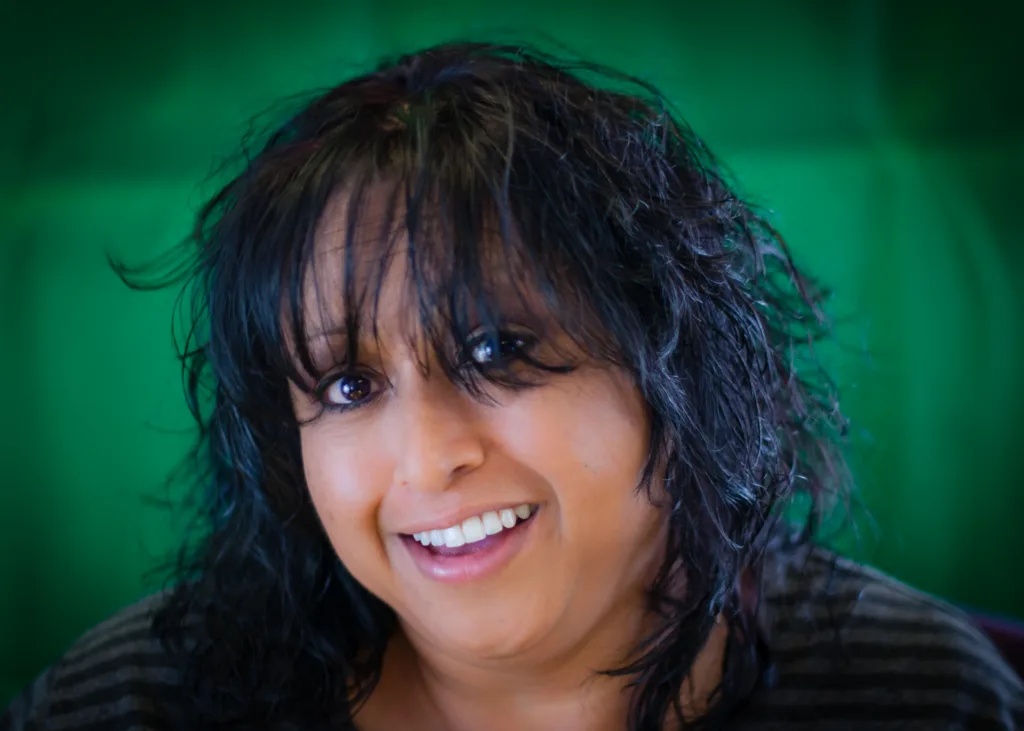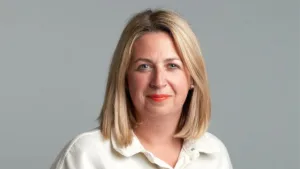Katy Howell, CEO of social media agency Immediate Future, is one of the most experienced leaders in the social media industry and NDA’s monthly columnist.
Hope.
Last week I posted a video on LinkedIn. Unlike my usual social media advice, this video was one that called the agency world out. A protest about #BlackLivesMatter virtue signalling.
It wasn’t planned. There was no personal agenda. As a woman of colour, I was and still am horrified watching events across the pond. Expressions of support are the right thing to do. But on Monday vacuous statements from agencies began to proliferate on social. Then came Blackout Tuesday. A further raft of videos and posts from agencies.
Whilst this is not a time to be silent, it’s a fine line between showing support and jumping on the latest trend. So many of these agency’s posts really didn’t really say much, let alone do anything. Fluffy vapid statements and quotes montaged between emotive videos and shocking images of people at protests from across the USA. They didn’t speak of real empathy or understanding – and its often unclear what point is being made.
I wavered between feelings of rage to frustration. And as the day progressed, the creeping feeling of injustice grew till I couldn’t stay silent.
I had to speak out. I was terrified. BLM is not my platform. I am not a voice for Asians, black people or for minorities. I am a voice for me. And I have spent years and years (I am ancient by agency standards) in agency, facing racism on an almost daily basis. I was emotional.
Systemic racism exists here in the UK. And in our agency world it silently pushes those who are different out of the frame. Imagine how it feels as you start your career, when no one in your company looks like you, sounds like you, listens to you. Is it any wonder so many leave the industry after a few years? The IPA 2020 census evidences that the playing field is anything but level. I can tell you, no matter how many heads of diversity you have in an agency, dramatic change needs to happen.
Things have moved on since the video. Panel discussions, debates and social discussions flooded the everyday. But what struck me most was the comments I saw from all races and colours. Comments that spoke of a guilt, fear and a very desperate need for change.
And the issue is uncomfortable.
Racism. It’s an ugly word isn’t it? It means different things to different people. That in itself means navigating to an answer is not easy. You can expect critics. You can expect anger (the BAME community is raw right now) and you can expect support. And love and…
….hope.
I cannot imagine what it is like to endure the daily reality of racism in America. Expressions of solidarity must be led by the people in this moment and supported with funds. We can do that as agencies. We can make more than words matter – even in our social media posts.
It feels like there is a will for change. An acceptance that this has happened, and that people have suffered. A need to make a difference. And already I see businesses making a positive difference.
The best responses have a plan. The best agencies have set themselves targets. Ambitious goals. Take a look at this commitment from John Doe. Such a beautifully bold and public statement. A mission to make the change happen.
The solution doesn’t have to be complicated. Cindy Gallop’s recent tweet thread packs a punch:
“I am a big fan of radical simplicity. For the corporate world, how you end racism is incredibly simple: hire, welcome and promote black talent.”
Read the thread. It is the way forward.
So in hope for change, here are some ideas discussed in the video that can make a difference:
- Right now, you can empathise with the people of colour in your business. Give them some space to deal with what is happening, give them your support. They may need a bit of a break to focus on their community and participate in movements like Blackout Tuesday. Talk to them. Ask their opinion. Find out how they feel. Make them feel safe.
- Don’t push your BAME staff into being your poster person. Don’t make them feel obliged to be on steering groups. Ask by all means, but don’t add to the pressure.
- Self-educate. Please do this with an open heart. Unconscious biases will persist unless you consciously focus on your awareness of people of colour. Learn how to interview, to on-board and coach without making assumptions.
- Listen to your BAME staff. Ask them what they want. Listen to podcasts and programmes that address the issue in our industry.
- Create programmes to support BAME employees. Help build confidence – encourage role models.
For instance, during lockdown zooms, webinars and panels over the last few months, I guess I have seen maybe one or two people of colour. In fact, what would be unacceptable at a conference and get called out, has been discarded as we remote work. Where are the people like me?
- Create a pipeline of BAME executives and actively recruit into your c-suite. Fast track, please don’t make this valued community wait 20 years.
- Be transparent – share your percentage of BAME employees with clients and industry. Be open with your goals to change.
- Get into schools and colleges and talk about what you do and how you support diversity and enable and embrace a workforce from all backgrounds, genders and sexualities.
- Donate to programmes in our profession like The Taylor Bennett Foundation, or look wider and fund BLM UK or Runnymead – there are many many options.
- Champion colleagues and friends of colour – make recommendation, share opportunities and contacts; offer skills and knowledge – step aside and use your platform to raise the voices of POC.
And clients. There is something you can do too, to help agencies change. You can only work with agencies that have a balance of diversity. Diversity at the highest level. Make it part of your RFP alongside your requirements for sustainability.
There is hope for change if we make it happen.
Make the action last beyond the hashtag. Do more than just be seen, be seen to do.








